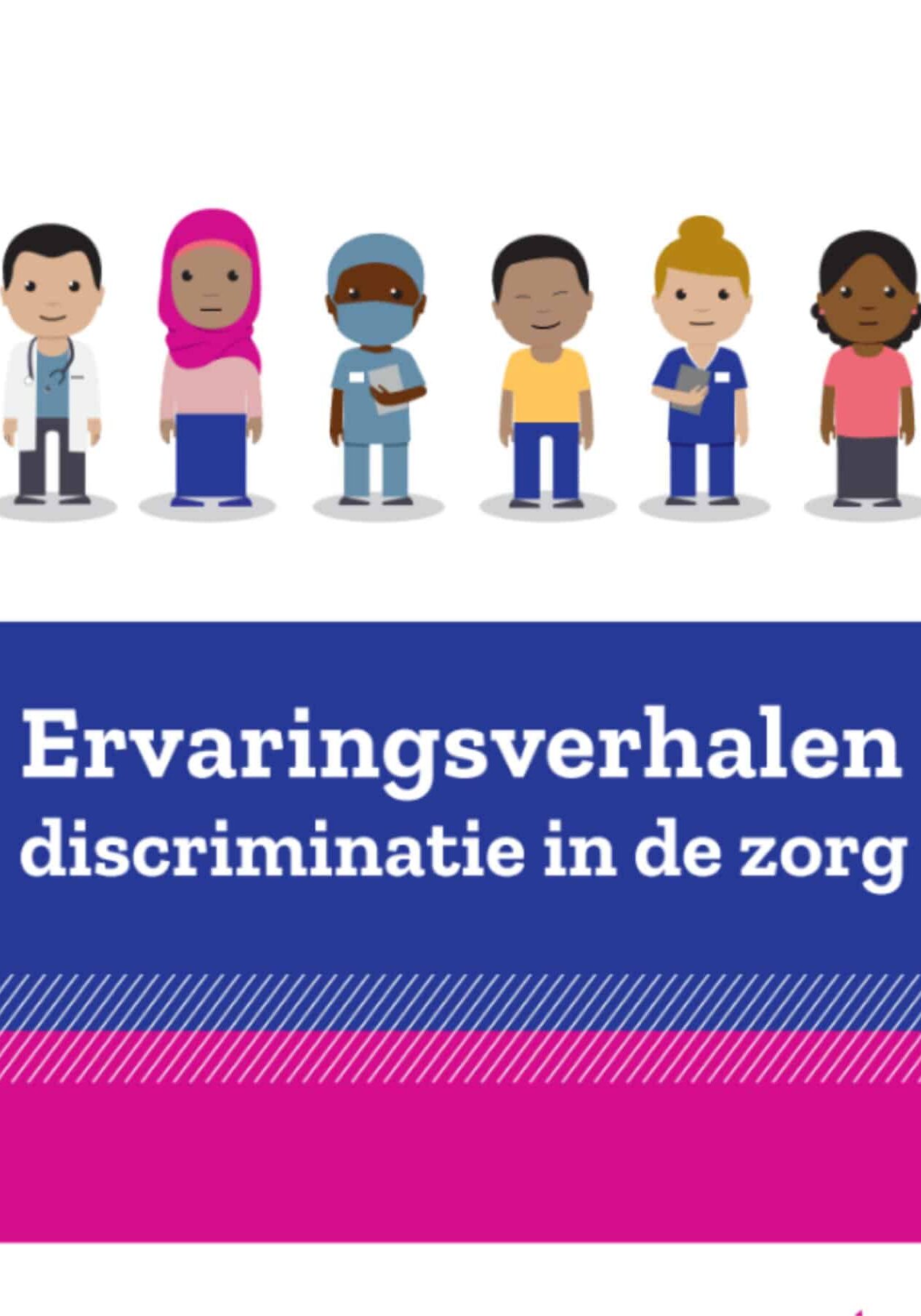Discrimination in healthcare causes people to avoid seeking care and leads to worse treatment
Discrimination in healthcare is high on the research agenda in the United States, but is less so in Europe. Despite this, discrimination has significant consequences on the quality of healthcare on our continent too.
Patients and clients with migration backgrounds do not always receive the same treatment as those without. This is an issue that needs to be addressed, as worldwide research shows that discrimination has a large impact on mental and physical health. Additionally, discrimination in healthcare reduces the quality of care that patients receive. This causes a growth in health disparities between patients from different backgrounds.
Although, many countries have thoroughly researched discrimination within the healthcare systems, little research has been conducted in the Netherlands on this topic.
Aiming to address the lack of expertise, Pharos led an overview on existing worldwide research and interviewed clients and patients about their experiences. They shared distressing stories about their experiences in healthcare, indicating that perceived discrimination is a problem in the Dutch healthcare system.
People without a migration background are often seen as the default, while everyone that does not conform is seen as divergent. The patients and clients with migration backgrounds that were interviewed by Pharos felt left out and treated different by the care system. There is an overwhelming sense of disbelief, doubt, loneliness, discomfort, and being misunderstood that leads to vulnerability and that characterises the feelings of patients and clients who feel they are being discriminated against.
Understanding discrimination in care and offering tools and recommendations
The research undertaken by Pharos found that the impact of discrimination within the healthcare system manifests itself on three levels:
- A care provider can subconsciously be influenced by prejudice on an individual level.
- Discrimination can be a blind spot within organisations. For example, when a proper diversity policy is missing.
- Too little attention is paid towards ethnical differences in healthcare needs. For instance, medical practitioners may not pay enough attention to certain factors such as patients with a South-Asian background have a higher risk of getting heart or vascular diseases or that cancer, such as skin cancer, can present itself differently on various skin tones.
To combat discrimination on all three levels, Pharos’s new publication provides healthcare institutions with information to address discrimination. Some examples of its recommendations are:
- Appoint an employee whose role is to pay particular attention to discriminative issues within their healthcare organisation.
- Be patient-centred and culturally-sensitive.
- Pay more attention to diversity, for instance by improving ethnic representation, not only within the workforce, but throughout the entire organisation.
- Invest time in inclusive scientific research.
For more information regarding this topic, read the full reports:


Culturally-sensitive palliative care – ensuring comprehensible and culturally appropriate care at the end of a patient’s life
The number of people with a migration background who need palliative care is growing. However, they generally make less use of care and support.
The way in which migrants perceive appropriate care and their expectations, wishes and needs, may differ from what the Dutch healthcare system offers. This leads to dissatisfaction amongst patients, relatives, and care providers. To help both families and health care providers, Pharos has developed several tools.
Building a good relationship with patients and making sure the right support is in place all contributes to a good quality of life and end of life care. Educating medical professionals to explain healthcare decisions in a comprehensible and culturally-sensitive way is an example of how to provide more patient-centred care.
Resources
Pharos has created materials such as ‘last phase of life’ videos, which can act as a conversation starter, illustrating situations from the perspective of a patient.
- Information videos in Papiamento, Cantonese, Turkish and Moroccan
- Simplified information cards on palliative care (Dutch)
A number of additional resources for health care professionals are also available:
- Brochure: Lessons from conversations about life and death (Dutch);
- ‘Well understood’ – Goed begrepen (Dutch). An e-learning on communication and shared decision making with palliative patients with limited health literacy.


Patricia Heijdenrijk
Pharos is the Dutch national centre of expertise on health disparities. Our expertise focuses on:
- Sustainable improvement of the quality, effectiveness and accessibility of care and prevention for people with limited health literacy, non-western migrants and refugees.
- Reducing existing health disparities between different groups of people.
Pharos’ programmes address the entire Dutch health care system and all areas that are important for health.
